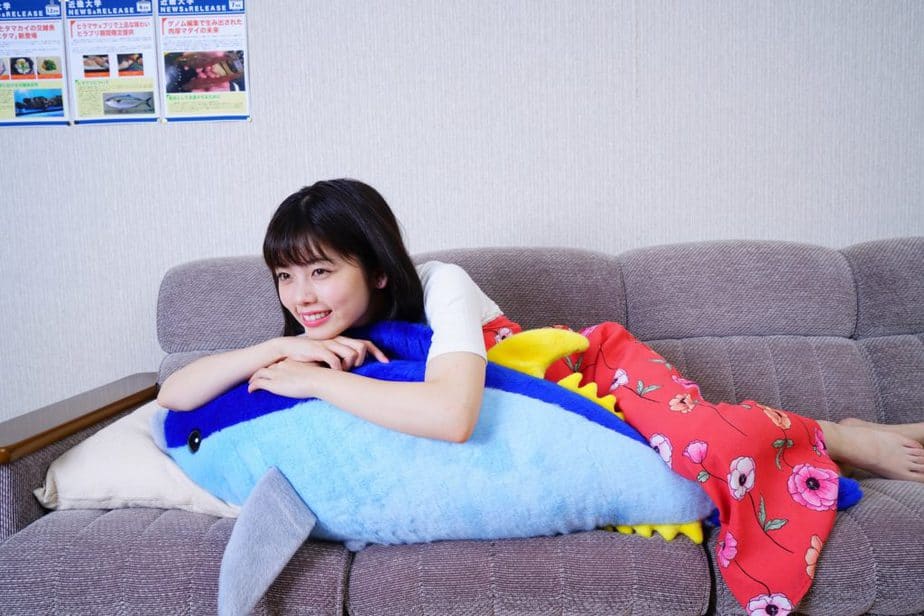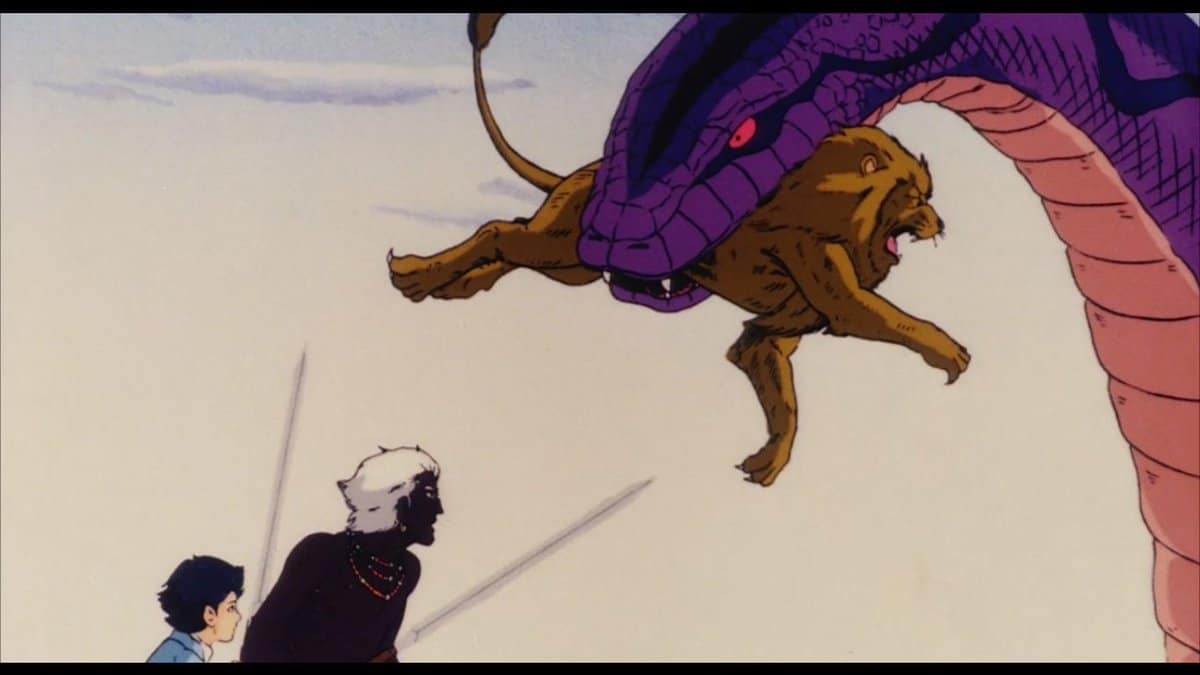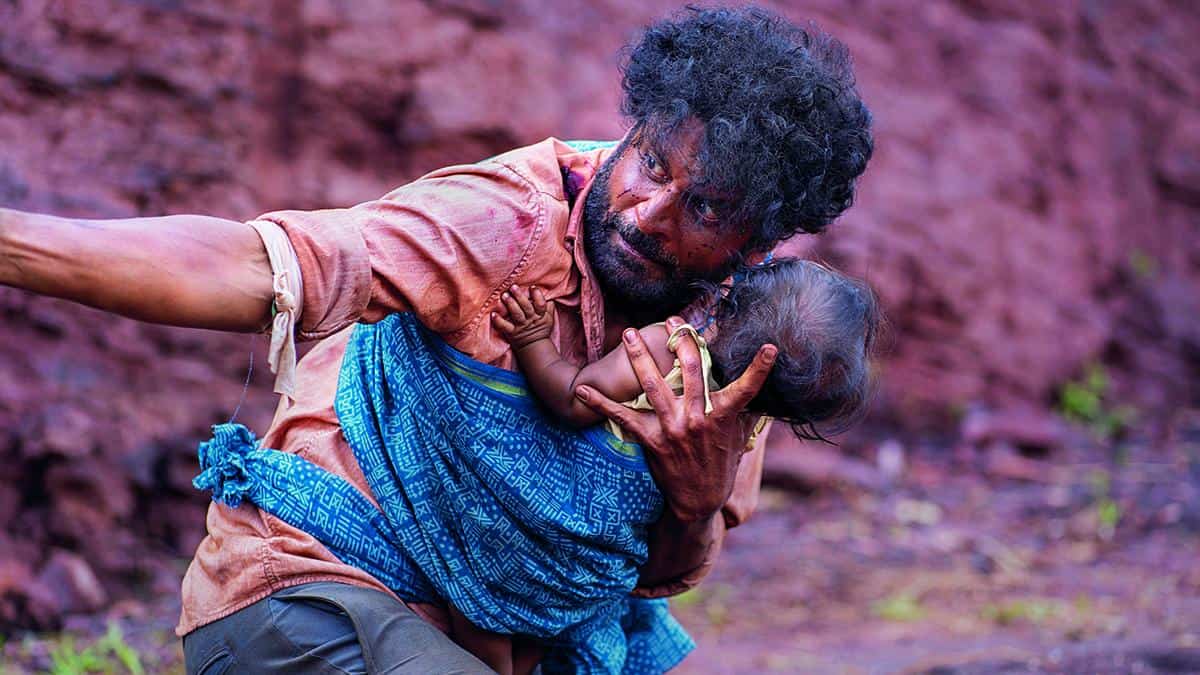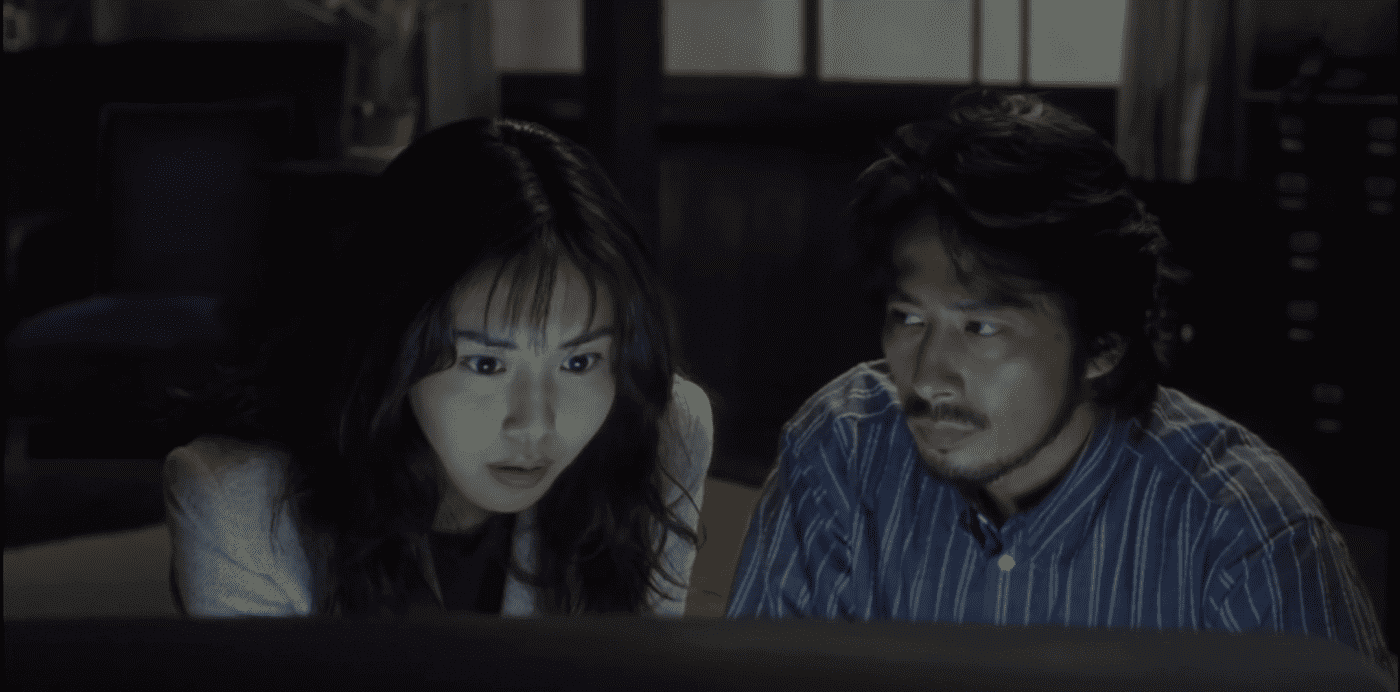Combining elements of promotion, educational documentary and coming-of-age film is definitely not an easy task, but Mana Yasuda seems to have managed just that, ending up with a truly delightful production.
Minami is a cheerful yet clumsy college girl, who, at a whim, decides to go to Wakayama, in order to attend an onsite research study at Kindai University Aquaculture Research Institute, titled Full-cycle Aquaculture of Pacific Bluefin Tuna. The institute's goal is to come up with a complete and sustainable method of farming Blue Fin tuna, in order to prevent its extinction from the seas and to counter overfishing. Her three classmates are pretty serious about their reasons for being there, and the same applies to the head Professor and Sudo, an assistant who is in charge of the newcomers' training. This however, does not apply to Minami, who, despite her always happy-go-lucky behaviour, finds herself over her head, questioning her decision to go to the place. Her behaviour and many errors result in many of her colleagues despising her, although some of them remain supportive, headed by the professor, who sees in her an opportunity for marketing tuna fish in a way that will both attract youths to the institute and popularize its consumption. When Minami appears on a live-streaming program though, disaster hits her and the whole institution quite hard.

As mentioned in the prologue, the film's narrative is comprised of three elements. Having the support of the Kindai University Aquaculture Research Institute in Kushimoto, “Tuna Girl” aims to promote the work being done there, in a style though, that functions as an educational documentary about fish farming and particularly of the blue fish tuna, with this part functioning as the second element. As such, the movie presents the whole procedure, from the cultivation of the eggs to the selling to the restaurants and other buyers, with every detail. At the same time, it presents the concept of practical science, of using science in a way that achieves financial self-sustainability through marketing practices. The whole concept, from its conception to its implementation looks very Japanese, not just due to the meticulousness, thoroughness and plain hard work exhibited, but also due to its intense difficulty, since the institute took on a procedure that begun with 99,9% of the newborn fish dying and through extreme work and hardship, has managed to decrease it to 95%. I do not see any other population in the world taking up such a venture, much less succeeding in it. Lastly, the film also addresses all the common questions and misconceptions about fish farming (issues with the fish in captivity and the quality of the meat for example), thus presenting a complete look at the whole concept.
The third element of the narrative and the one responsible for the entertainment the film offers, is the coming-of-age one, which is combined with realistic drama and a thorough analysis of almost every character that appears on screen. This combination and its presentation highlight Mana Yasuda's direction and scriptwriting, particularly because she manages to highlight all these characters individually in just 89 minutes. Furthermore, the social comments she presents, about the lack of drive, sense of purpose and parenting that seem to torment Japanese youths at the moment, add depth to the movie and enrich its context even more. Lastly, the fact that she manages to keep an excellent balance among all three elements is another testament to her abilities, although kudos should also be attributed to the excellent editing of Kazuki Fujisawa, who has induced it with a very fitting, fast pace.

The only aspect that could be perceived as negative is that the whole procedure is presented in somewhat romantic and idyllic terms, with the way DOP Toshihiro Takemura shot the film also moving in that direction, as the cinematography is quite polished and focuses much on the beauties of the area (not that this is a bad thing, of course), although the thoroughness of the presentation tones down even this element.
However, the glue that holds all these aspects together is none other than Fuka Koshiba's excellent performance as Minami, who presents an annoyingly cheerful and naive character and the transformation towards seriousness she undertakes, in the most delightful manner. Koshiba's acting is the one the gives the movie its tone and the one that puts a permanent smile to the face of the viewer. Of course, the fact that she is very beautiful also helps. The antithesis formed by the juxtaposition with Hidetoshi Hoshida's measured kindness in the role of the Professor and Tom Fujita's introverted nature as Sudo also works quite well for the narrative.
“Tuna Girl” is very informative and as delightful as its protagonist is. Not much more one could ask from a film to have a good time.















